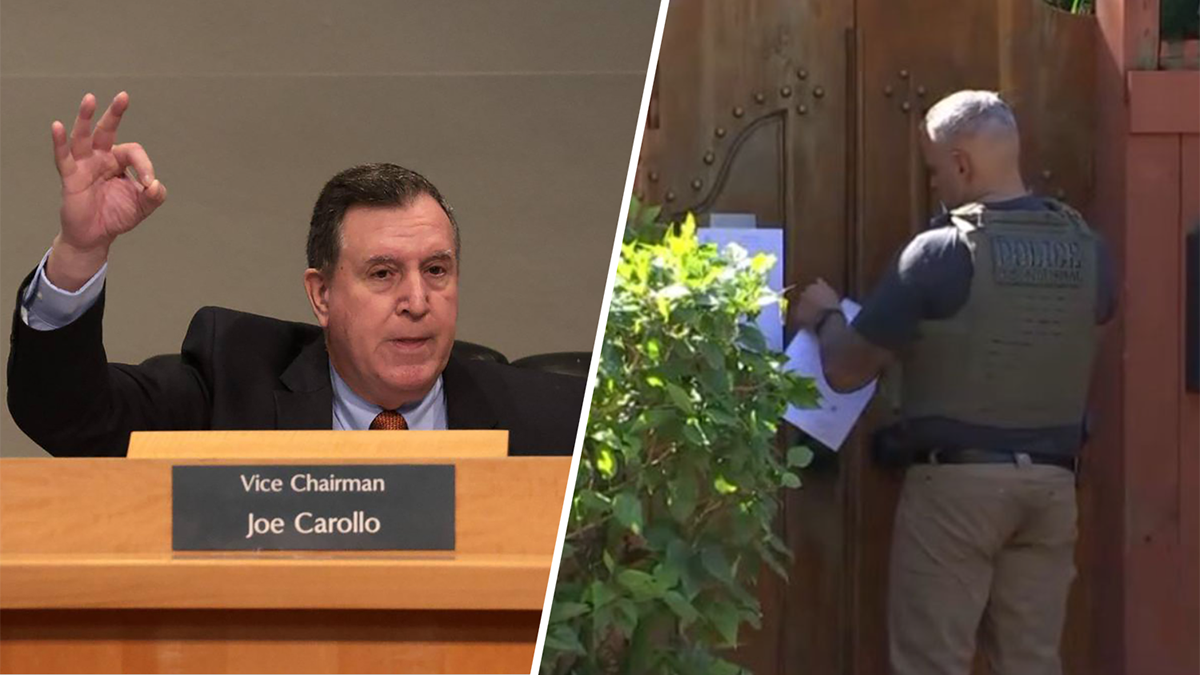In a significant development, U.S. Marshals visited the Coconut Grove residence of Miami City Commissioner Joe Carollo on Friday, marking the commencement of the seizure process. This action is part of a legal strategy to satisfy a substantial $63.5 million judgment against Carollo, arising from a federal civil jury’s determination that he infringed on the constitutional rights of Little Havana businessmen Bill Fuller and Martin Pinilla.

Carollo’s Claims and Legal Complexities
Despite the U.S. Marshals’ visit, legal analysts caution that it doesn’t necessarily imply an immediate loss of the property. Carollo, intending to appeal the seizure order, asserts confidence in retaining ownership, citing protection due to recent redistricting that incorporated his Grove home into District 3. However, legal experts contest the clarity of his case, pointing to the absence of a homestead exemption on the property and a failed attempt to add his wife’s name through a quit claim deed.
Carollo’s attorney, Marc Sarnoff, argues that the house is marital property, emphasizing equitable rights regardless of the name on the title. Sarnoff contends that Carollo and his wife, as tenants by the entirety, maintain the right to the property. Despite the legal complexities, Carollo dismisses the situation as a “circus.”
Legal Battle and Public Trust
As the legal saga unfolds, Fuller and Pinilla’s attorney, Jeff Gutchess, expresses confidence in the ultimate triumph of their side. He emphasizes the broader implications, stating that Carollo’s resistance to the consequences of his actions should serve as a reminder to public officials about the boundaries of their political authority. Gutchess highlights that public trust should not be exploited for personal ambitions.
Legal analyst David Weinstein anticipates the ongoing legal process, emphasizing that the issuance of notices and a writ of execution signifies the existence of a judgment. He clarifies that once the judgment is final and upheld, the plaintiffs would be entitled to seize the property, putting it up for auction to satisfy the massive financial judgment against Carollo.

In conclusion, the unfolding legal battle surrounding Joe Carollo’s property highlights the intricate interplay between legal technicalities, individual rights, and the broader principles of public trust in the political sphere. As the process continues to play out in court, the repercussions of this case are poised to reverberate within the realms of Miami’s political landscape.